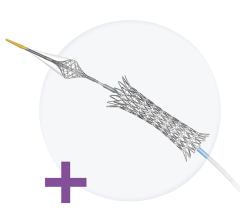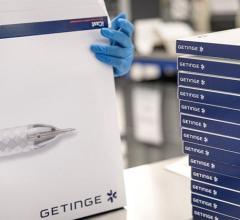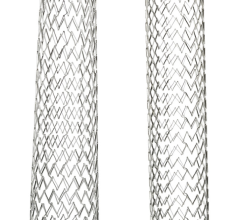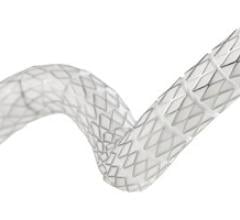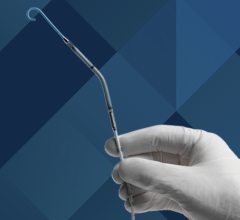
April 26, 2011 – The U.S. Food and Drug Administration (FDA) announced this week it cleared Boston Scientific’s Ion paclitaxel-eluting coronary stent system.
The stent, available for use with monorail or over-the-wire delivery systems, is made of platinum chromium (PtCr) alloy designed specifically for coronary stenting and intended to improve the acute performance of coronary stent implantation. The stent’s alloy and design offer greater strength, enhanced deliverability and exceptional visibility. The thin-strut stent is designed for improved conformability, minimal recoil, and uniform lesion coverage and drug distribution
The Ion stent is indicated for use in patients who have narrowing in arteries that are greater than or equal to 2.25 mm to less than or equal to 4 mm in diameter and where the narrowed part of the artery is less than or equal to 34 mm long.
"I look forward to using the Ion stent in my daily practice, and I believe our patients will benefit from its improved acute performance," said Louis Cannon, M.D., FACC, FACA, Heart and Vascular Institute program director at Northern Michigan Regional Hospital in Petoskey, Mich. "The platinum chromium alloy represents a leap forward in materials technology and will address many of the limitations found in older stent alloys. Exceptional stent deliverability offers cardiologists the potential to treat patients with difficult-to-reach lesions."
Outside the U.S., including CE mark countries where it was approved in May 2010, the Ion stent is commercialized as the Taxus Element paclitaxel-eluting coronary stent system.
The Ion was evaluated in the PERSEUS trial, which reported 12-month results in March 2010, demonstrating positive safety and efficacy outcomes in workhorse lesions compared to the Taxus Express2 Stent System. The PERSEUS clinical program compared the Ion stent to prior-generation Boston Scientific stents in more than 1,600 patients in two parallel trials at 90 centers worldwide. In April 2011, results from an analysis of pooled patient-level data from 2,298 patients enrolled in the PERSEUS and TAXUS ATLAS clinical trials showed that the Ion demonstrated significantly lower rates of major adverse cardiac events, target lesion failure and myocardial infarction compared to the Taxus Liberte paclitaxel-eluting stent system.
For more information: www.bostonscientific.com


 November 24, 2025
November 24, 2025 



